

Scott E. Caplan conducted a study where he introduced and tested how different well-being measures could create a preference towards online social interaction. He did this by measuring the participant’s preferences for online participation, levels of well-being and who participating online affected them. His study suggests that lonely and depressed individuals tend to develop a preference for online social interaction, which in turn leads to negative outcomes for their internet use. His finding stands in line with current hypothesis on how preferring online social interaction over face to face interaction plays an important role in the development of problematic internet use. Before throwing this study around in debates and the likes, one must know that he focuses on a very small amount of players and talks only about the negative consequences for people already prone to enter a depressed state. But it is a great way for the future of studies and treatments on people with a problematic internet use and online game addiction.
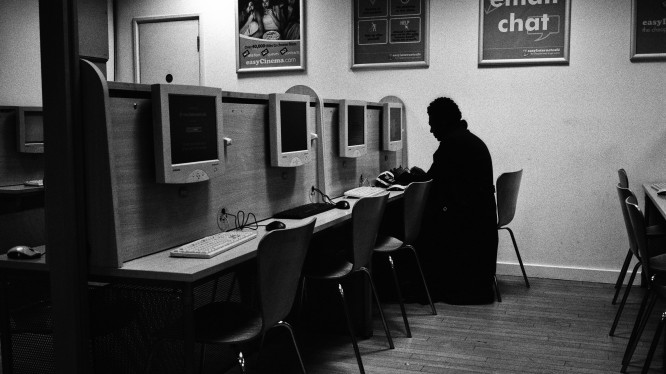
In a later study by Caplan together with two other scholars, they take the leap from Caplans earlier study of the broad online social interaction down to the narrower focus of MMO players. In this study they examine problematic internet use among MMO players to determine whether or not aspects of the MMO experience can be useful predictors for problematic internet use. With novel methods and a survey results of over 4,000 MMO players, their results showed on how MMO gaming variables contributed to a very small but significant amount of the variance explanation to problematic internet use scores. In contrast to Caplans earlier research this is directly connected to playing MMOs and also very relevant for how MMOs are being created. But we are still talking about a very small group of people, but this group is growing larger for every year.
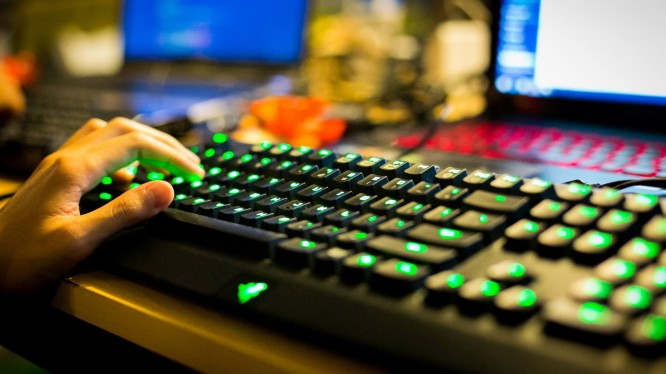
Sadie H Cole together with Jill M Hooley takes the research on problematic internet use further in a study based on how online gaming is increasingly seen in clinical populations regarding problematic internet use. With a cross-sectional design, they identify clinical, personality factors and motivations for gaming that differentiated between people who scored high or low on a measure of problematic internet use. The players in the higher problematic use group turned out to be more likely to have high levels of social phobia and neuroticism than players in the low problematic inter use group. Their findings give further support for the idea of how anxiety can be a risk factor for problematic internet use within the MMO gaming environment. While this study like the former on problematic internet use, focuses on a very small group that already have personality traits connected to problematic internet use, it is still important to know that gaming enhances this problem, and is something both close ones and professionals should be aware of when a player suffers from this problem.
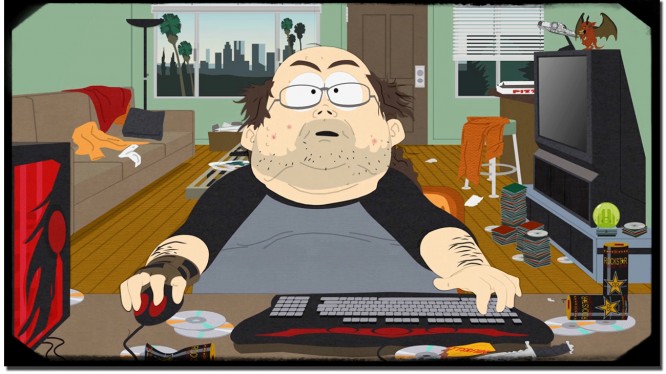
Leaving problematic internet use somewhat behind and instead focusing on the social anxiety aspect of players well-being. Shao-Kang Lo with others examine if playing online games can have any effects on the players interpersonal relationships and their levels of social anxiety. Their results later show that the quality of interpersonal relationships decreased and the amount of social anxiety increased with the amount of time spent playing MMOs. This like the earlier research shown, give a quite gloomy picture on hoe negative online gaming can be for certain individuals, and it further shows how gaming can enhance anxiety among people already suffering from it. To further show how the well-being effects of gaming is dependent on the player and the context, Chihua Shen and Dmitri Williams examine the connection between online activities and psychosocial well-being. By surveying over 5000 self-selected players from the Everquest 2 community, they found that whether MMO use were associated with negative or positive outcomes depended largely on the context and the individual characteristics of the player. Concluding that internet use and game play should not be considered as monolithic sources of effect.
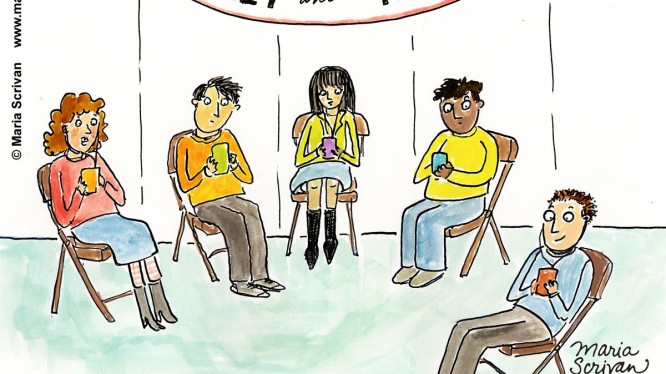
While all of the above studies have used surveys and a self-selection design, Joshua M Smyth takes a step from this by using and experiment design. Where he randomly assigns different types of video games to the 100 participants, ranging from solo games on the arcade to MMORPGs, where he examines what well-being differences and quality of lives there can be between playing different games. His findings show the group of people playing MMORPGs differed significantly from the other groups after 1month of playing, where the MMORPG group reported having worse health, worse sleep quality, and greater interference in “real life” socializing and academic work. But they also reported having more fun when playing then the other groups did. He concludes with how this study stands in line with other research on how MMORPGs stand out from other games in terms of negative well-being consequences.
Research used in the article:
Caplan, Scott E. (2003) Online Social Interaction: A Theory of Problematic Use and Psychosocial Well-Being.
Capland, Scott E., Williams, Dmitri & Yee, Nick. (2009) Problematic Internet Use and psychosocial well-being among MMO players.
Cole, Sadie H & Hooley, Jill M (2013) Clinical and Personality Correlates of MMO Gaming: Anxiety and Absorption in Problematic Internet Use.
Lo, Shao-Kang., Wang, Chih-Chien & Fang, Wenchang (2005) Physical Interpersonal Relationships and Social Anxiety among Online Game Players.
Shen, Cuihua & Williams, Dmitri (2011) Unpacking Time Online: Connecting Internet and Massively Multiplayer Online Game Use With Psychosocial Well-Being.
Smyth, Joshua A. (2007) Beyond Self-Selection in Video Game Play: An Experimental Examination of the Consequences of Massively Multiplayer Online Role-Playing Game Play.

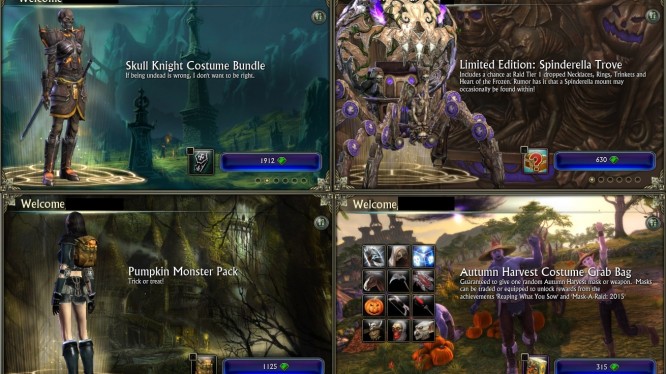
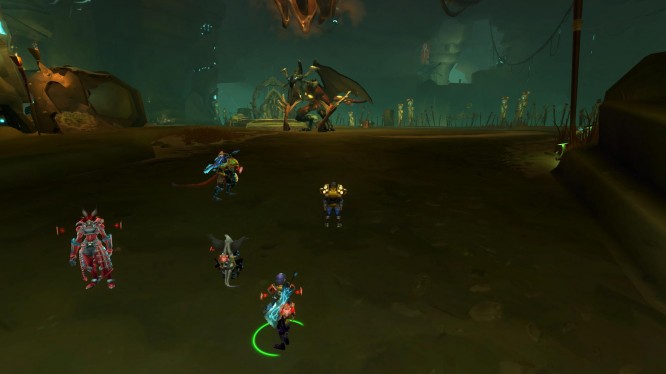

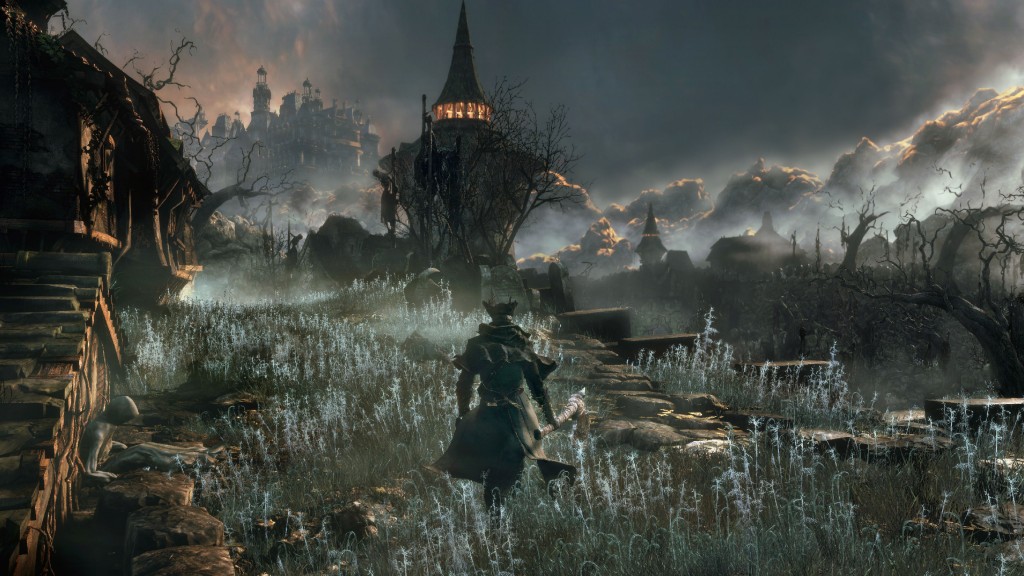 Bloodborne Guide: Best Farming Spots for Blood Echoes, Blood Vials and Easy Level Up
Bloodborne Guide: Best Farming Spots for Blood Echoes, Blood Vials and Easy Level Up Beta Data: July 24, 2015 .
Beta Data: July 24, 2015 .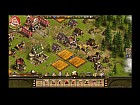 The Settlers Online: Guild Quests Explained and Helpful Info
The Settlers Online: Guild Quests Explained and Helpful Info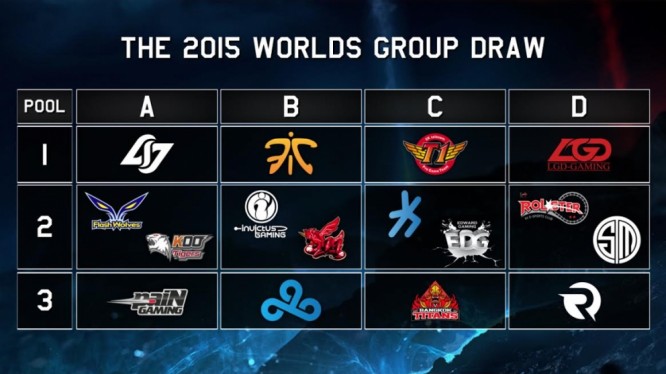 MOBA Monday: Invincible SKT .
MOBA Monday: Invincible SKT . WoW Wednesday: At the Mercy of the RNG Gods .
WoW Wednesday: At the Mercy of the RNG Gods .